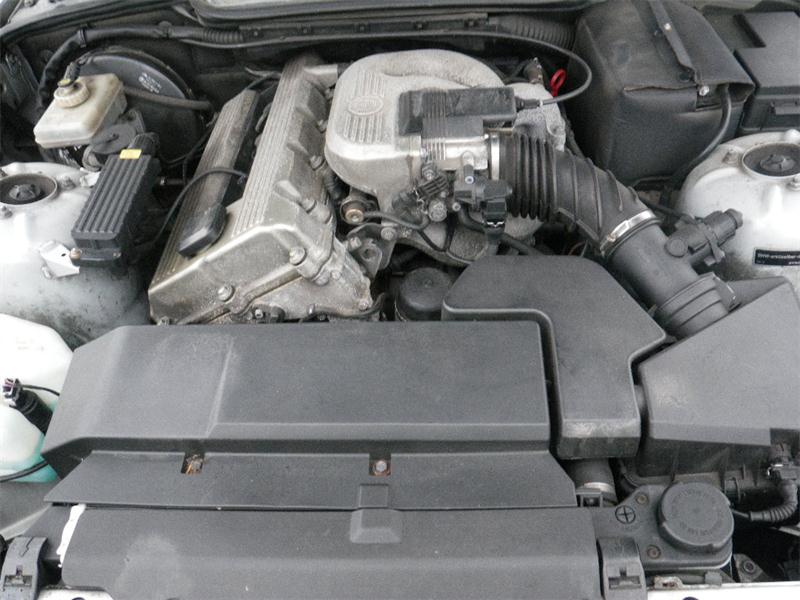Important Factors To Consider for Choosing the very best Engine for Your Demands
In the realm of picking the suitable engine to fulfill your requirements, numerous important elements demand careful consideration to make sure optimum efficiency and efficiency. From the nuanced equilibrium in between power and performance to the often-overlooked elements of upkeep and solution needs, each facet plays a critical role in identifying the most appropriate engine for your particular needs.
Power and Performance
When evaluating engines for optimal performance, it is important to prioritize both power outcome and performance. Efficiency refers to exactly how well the engine transforms fuel into useful power. By thoroughly examining both power and efficiency, you can choose an engine that provides ideal efficiency and fulfills your needs properly.
Gas Efficiency and Economic Situation
In the realm of engine choice, the factor to consider of fuel efficiency and economic climate holds extremely important importance. Fuel effectiveness describes the engine's capacity to transform fuel into energy with very little waste, straight influencing operating expense and environmental sustainability. bmw 318ti. When selecting an engine, examining its gas economic situation is important to establish long-term cost savings and ecological influence. Engines with greater fuel efficiency not only decrease gas expenditures but also decrease carbon discharges, adding to a greener procedure.

Compatibility and Application
Thinking about the gas performance and economic climate of an engine, the following crucial element to address is its compatibility and application within details operational contexts. Compatibility refers to exactly how well the engine integrates with the general system or devices it powers.
In addition, the application of the engine is equally crucial. Various engines are designed for particular objectives, whether it be commercial equipment, aquatic vessels, automobiles, or power generators. Comprehending the designated application enables the option of an engine that can deliver the required power outcome, torque, and operational attributes. As an example, a high-revving engine made for performance vehicles would not appropriate for sturdy construction tools that calls for high torque at reduced rates.
Upkeep and Service Needs
Upkeep and solution needs play a critical function in guaranteeing the long life and optimal performance of an engine. Regular maintenance is necessary to stop failures, expand the lifespan of the engine, and preserve its effectiveness. When picking an engine, it is important to think about the maker's advised upkeep routine and the availability of service centers or qualified specialists.
Aspects such as the regularity of oil modifications, filter substitutes, and total inspections can significantly affect the engine's performance. Some engines may need more frequent servicing based on their design and use, while others might have longer periods in between upkeep checks. It is essential to stick to these service needs to stay clear of costly repair work and unexpected downtime.

Expense and Budget Factors To Consider
Budget plan constraints usually play a significant duty in the decision-making process when picking an engine for a specific application. When considering the expense and budget effects of picking an engine, it is vital to analyze not only the first purchase rate yet also the long-lasting expenses connected with maintenance, blog gas usage, and possible upgrades or repair work. It is vital to strike a balance between the ahead of time cost of the engine and its overall lifecycle expenses to make special info certain that the chosen engine stays financially sustainable throughout its functional lifespan.
Aspects such as fuel durability, efficiency, and integrity can straight affect the total price of ownership of an engine. While a much more expensive engine may have higher in advance costs, it could possibly result in lower upkeep and fuel expenditures over time, therefore offering far better value in the long run.
Final Thought

Gas performance refers to the engine's ability to transform gas into energy with marginal waste, straight impacting operating costs and ecological sustainability.Variables influencing fuel effectiveness consist of engine style, burning efficiency, and general performance optimization. In addition, picking the appropriate fuel type and grade as suggested by the engine supplier can further boost efficiency and extend engine life expectancy.
Engines with great use attributes and conveniently offered components can reduce maintenance expenses and lessen the time the engine is out of procedure - bmw 318ti. It is crucial to strike a balance between the upfront cost of the engine and its overall lifecycle costs to ensure that the chosen engine stays economically sustainable throughout its functional life-span